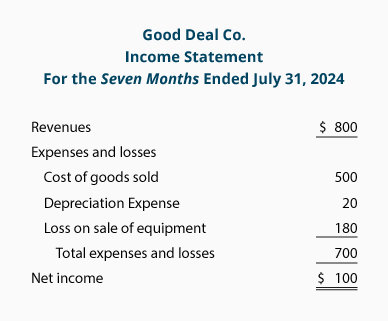Gambling Losses Deduction 2017

- Gambling Losses Deduction 2017 Taxes
- Gambling Losses Deduction 2017 Tax
- Gambling Losses Deduction 2016
- Gambling Losses Deduction 2018 Form


You can't reduce your gambling winnings ($500) by your gambling losses ($400) and only report the difference ($100) as income. If you itemize, you can claim a $400 deduction for your losses, but.
Effective for tax years beginning after 2017 and before 2026, tax reform provides that the gambling loss limitation applies not only to gambling wagers, but also to any deduction incurred in carrying on a wagering transaction IRC §165(d). All gambling winnings are reported as 'Other Income' on line 21 of your Form 1040. Your losses, on the other hand, are limited. You only can deduct your losses to the extent of your winnings, says.
November 13, 2017 by April Thiel, CPA
You Win Some, You Lose Some at the Casino!
I would really love it if a client of mine called me up one day and said, “I won big at the casino! How do I report that?” While we all may dream of hitting it big, the reality is, many walk away with empty pockets.
“Can I deduct those losses?” is a question posed by the less than lucky when it comes time to file their tax returns. While people generally expect to pay state and federal income tax on winnings, they typically growl when they learn that the tax system is not a two-way street when it comes to reporting losses.
It comes down to whether you are a “professional gambler,” or what the Internal Revenue Service (IRS) calls a “casual gambler.” Unless the way you play lands you on the World Series of Poker on ESPN or playing slots is your 9-5 job, the general answer is “casual gambler.”
Unfortunately, “casual gambler” is not a good answer for tax purposes. A professional gambler is just as you might imagine; gambling is their business, their profession. They can deduct expenses and losses like any other business. However, as a casual gambler, unless you meet strict IRS guidelines, you may lose out on benefiting from gambling losses at tax time.
There are standards that must be met and the designation of professional or casual gambler is based on “facts and circumstances.” As a casual gambler, you could use some of the losses on your federal return if you itemize, but not nearly to the extent most would like. They are limited to the amount of gains you had, and only on your Schedule A as an itemized deduction. Additionally, in past years you did not benefit from any of those losses when it came to your Michigan return. In Michigan, your beginning tax calculation starts with your federal adjusted gross income—which did not include gambling losses for casual gamblers, until recently.
Michigan now allows “session method” previously only for pros
Gambling Losses Deduction 2017 Taxes

In 2016, Michigan issued a Revenue Administration Bulletin that specifically lays out what the state will allow when it comes to reporting gambling income and losses. Beginning in January 2016, Michigan now recognizes the “session method” of reporting your gambling income and losses. This is the only way to receive any type of benefit from wagering losses in Michigan.
Gambling Losses Deduction 2017 Tax
As a casual gambler, this does not mean you can deduct a loss on your wagering, but it does mean that you can now at least use your daily losses to offset your winnings on the same type of game on the same day (or session), up until a break-even point (not less than zero.) For many who stick to the same types of games (i.e., tables versus slots) this is promising news. Additionally, most casinos utilize player cards that handle the record keeping that the IRS and state require upon an audit. You would need to be consistent for federal and state purposes, but by lowering your federal adjusted gross income using the session method, you potentially save yourself a great deal of state tax that was not an option in the past.
As an example, I may have a W-2G from the casino for $2,000; but I really spent $3,000 for a $1,000 loss playing my favorite slot machine all on one day. Without using the session method, I potentially must pay federal tax on $2,000, unless I itemize. I may be able to use $2,000 as an itemized deduction if I am eligible to file Schedule A. Either way, I’m still paying tax on winnings even though I walked away with less money than I started with. I would also have to pay Michigan tax on $2,000. Using the session method, I cannot deduct a loss of $1,000, but I also will not be paying either federal or state tax on the W-2G amount.
How can this help you?
Gambling Losses Deduction 2016
If you are organized and can provide the required support under audit, you may be able to utilize the session method and save tax dollars, especially now in Michigan. As with any tax topic, it can be complex and you should always consult your tax advisor.
Gambling Losses Deduction 2018 Form
Contact us today, we can help you keep more of your winnings or potentially ease the pain of a loss.